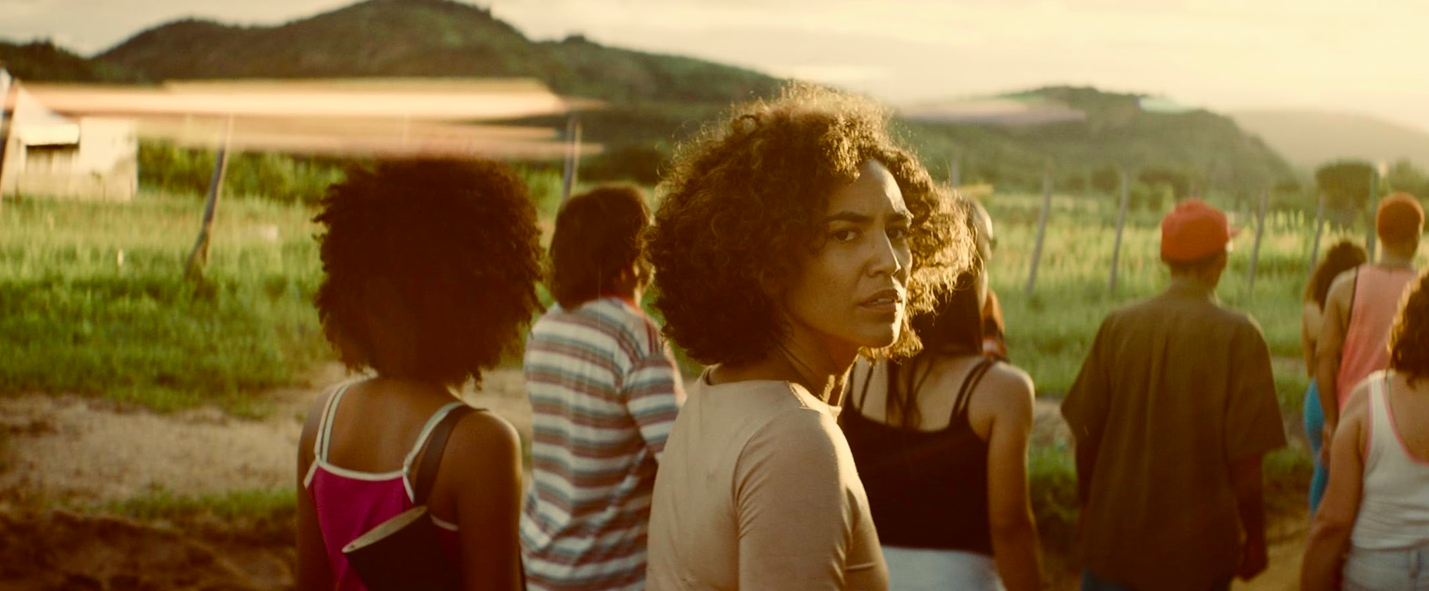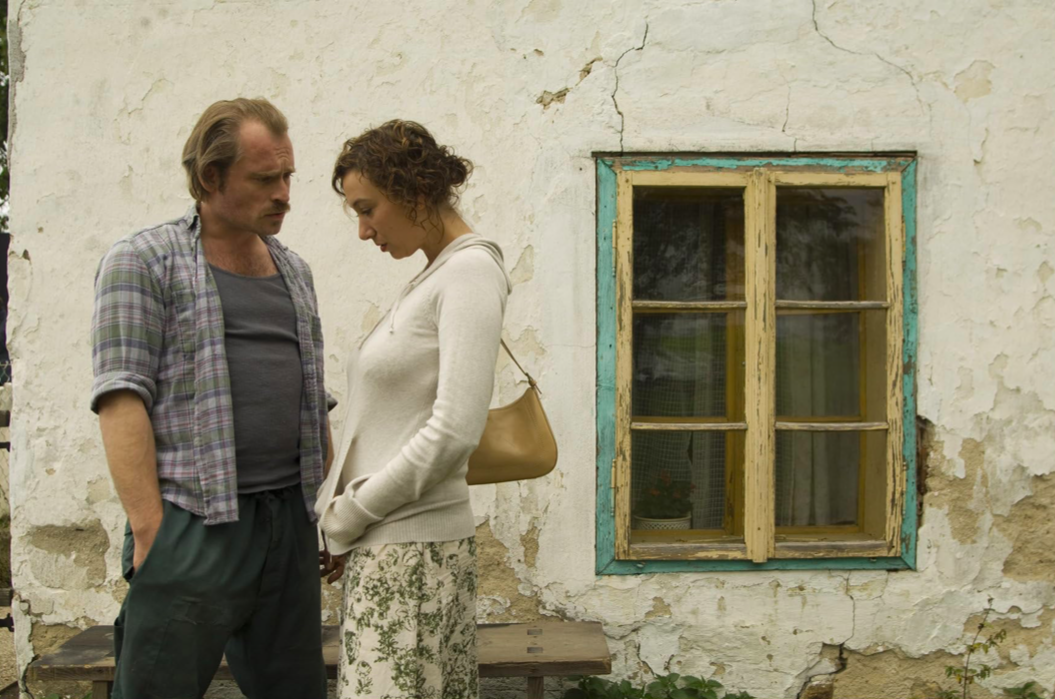OTC Rating : 4/5
Introduction
Kleber Mendonça Filho and Juliano Dornelles’ Bacurau is a bold and genre-defying film that fuses Western, sci-fi, political thriller, and horror into a powerful cinematic experience. Now streaming on MUBI, Bacurau is much more than just entertainment; it’s a deeply political statement wrapped in inventive filmmaking. It portrays a small Brazilian village that becomes the center of a surreal, violent power struggle, offering biting commentary on colonialism, class warfare, and resistance.
Story & Narrative
Set in the near future, the story follows Teresa as she returns to her remote hometown Bacurau for her grandmother’s funeral. Shortly after her arrival, strange things begin to happen: the village disappears from online maps, communication is cut off, and a group of foreign mercenaries arrive with sinister intentions. The town’s residents slowly realize they are being hunted and must unite in resistance.
The narrative structure gradually builds from realism into a heightened, almost mythic tale. The story is both rooted in local Brazilian culture and resonant on a global scale. It’s a rebellion against exploitation and erasure, told through suspenseful and often violent turns.

Image courtesy : IMDB
Direction & Cinematography
Filho and Dornelles co-direct with precision and daring. Their command over genre is exceptional, blending tones and styles in a way that keeps viewers on edge. They avoid traditional heroes and villains, instead focusing on collective resistance and community strength.
Cinematographer Pedro Sotero captures the dry, vast Brazilian landscape with grandeur and grit. Wide shots of the dusty terrain evoke classic Westerns, while intimate handheld moments add immediacy and urgency. The mix of natural light and expressive framing creates a visceral viewing experience.
Performances
The ensemble cast delivers strong, grounded performances. Sônia Braga stands out as the fierce and defiant Domingas, a woman who embodies the spirit of resistance. Thomas Aquino as Pacote and Bárbara Colen as Teresa provide emotional depth and strength to the narrative.
Udo Kier, playing the chillingly detached mercenary leader Michael, is terrifyingly effective. His eerie calmness contrasts with the villagers’ raw humanity, heightening the film’s central tension.

Image courtesy : IMDB
Production & Art Design
The production design is authentic and symbolic. Bacurau is portrayed as a tightly-knit, self-sustaining community, with homes and streets that reflect both tradition and resilience. The village becomes a character in itself, with murals, books, and everyday objects adding depth to the setting.
Art direction leans into realism with careful attention to the details of rural life, contrasted by the high-tech gadgets of the outsiders, emphasizing the conflict between modern imperialism and indigenous resilience.
Sound Design & Music
The sound design in Bacurau is atmospheric and immersive. Gunshots, footsteps, and environmental sounds are layered with care, pulling the viewer directly into the film’s physical and emotional space.
The music, composed by Mateus Alves and Tomaz Alves Souza, mixes Brazilian rhythms with ominous electronic tones. The score enhances the film’s escalating tension and supports its shifts in genre, from suspenseful thriller to explosive action.

Image courtesy : IMDB
Editing
Editing by Eduardo Serrano is crucial to maintaining the film’s delicate tonal balance. Transitions between scenes are smooth but loaded with tension. The film takes its time in the beginning, letting us live with the characters before the violence erupts, making the climax all the more impactful.
Rhythm and pacing are deliberate; nothing feels rushed, and moments of quiet are used effectively to build anticipation. The editing helps reinforce the film’s social themes by showing contrast between the collective and the invading individuals.
Conclusion
Bacurau is a rare and powerful film that blends genre with social critique in a way that’s both entertaining and thought-provoking. With its bold narrative, unforgettable visuals, and strong message of unity and resistance, it stands as a defiant piece of modern cinema.
Why Watch It:
- A genre mash-up that feels fresh and urgent.
- Unforgettable characters and a strong ensemble cast.
- Visually rich and politically charged storytelling.
- A timely reflection on colonialism, violence, and community.



